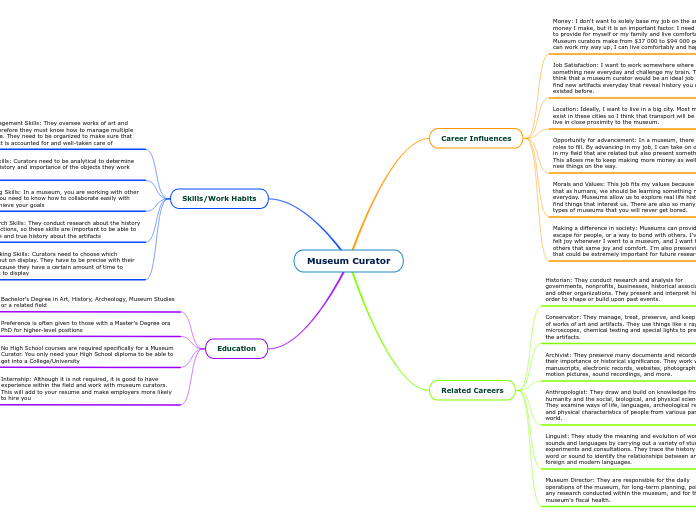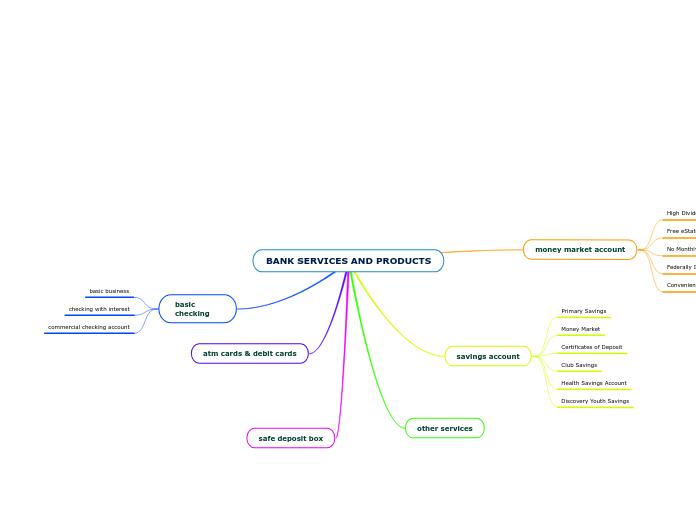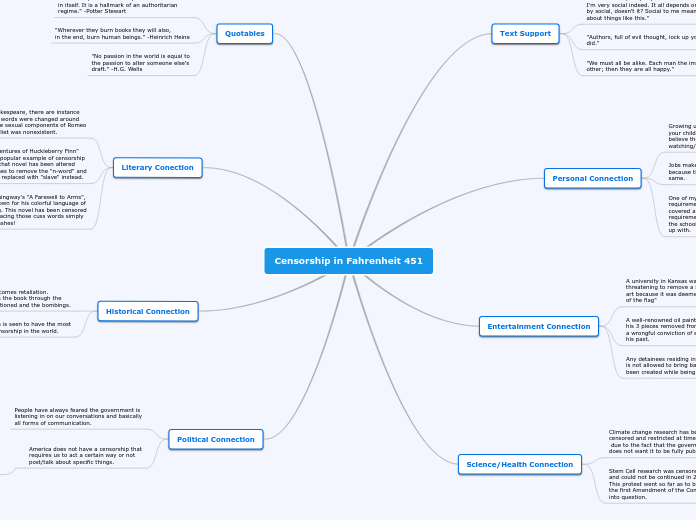von Cheyenne Domingo Vor 4 Jahren
280
Museum Curator
Working as a museum curator offers numerous opportunities for career growth and the possibility to explore various roles within the field. This career path allows for continuous learning and personal development, enhancing both knowledge and financial stability.









